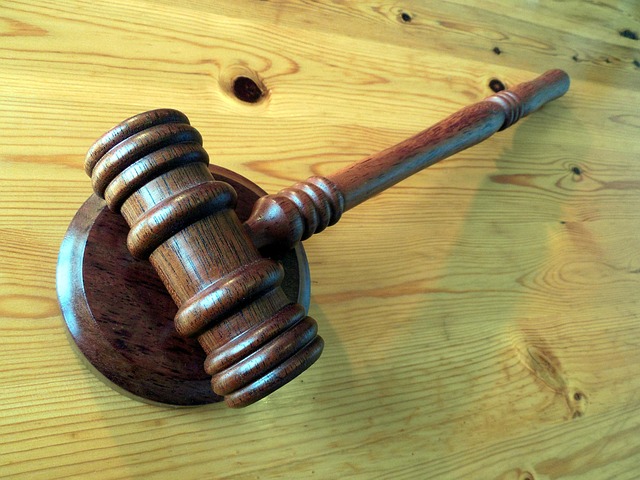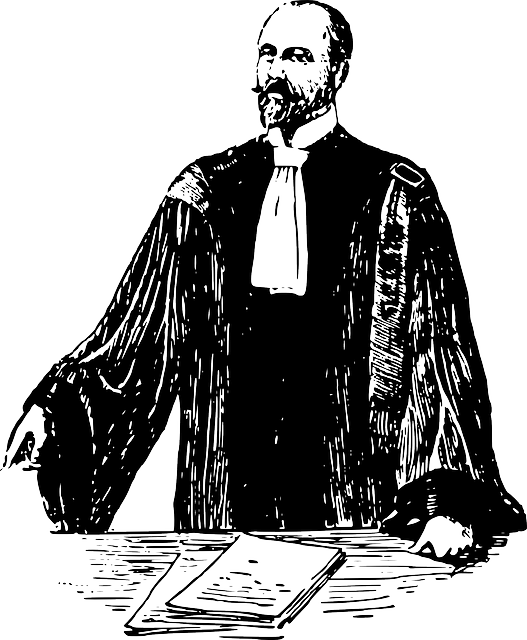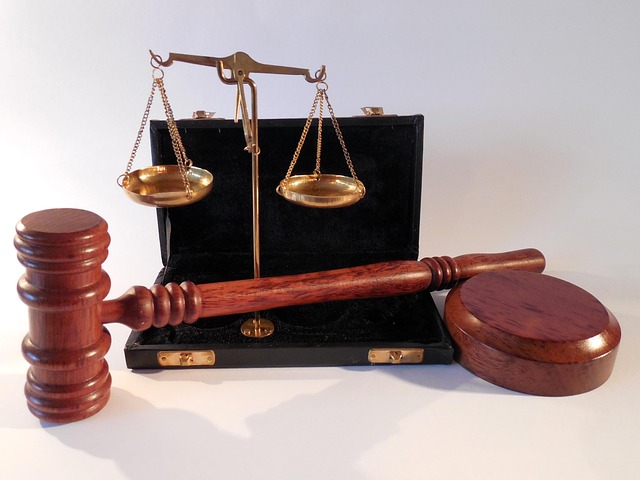Public corruption cases hinge on jurisdiction-specific laws defining corruption, with defendants employing common defenses from breach of contract cases, like challenging evidence and intent. Skilled attorneys navigate complexities, aiming for dismissal. Plea bargaining is a strategy offering reduced penalties in exchange for a guilty plea, but it compromises the right to a trial and must be carefully considered alongside legal rights and justice. Drawing from Common Defenses in Breach of Contract Cases, clients weigh options with attorney guidance for a balanced agreement respecting best interests and legal standards.
In the intricate landscape of legal proceedings, public corruption charges present unique challenges. This article navigates the complex world of these accusations from a legal perspective. We explore common strategies employed in defense against such allegations, emphasizing the rights and potential consequences of plea bargaining. Understanding these aspects is crucial for both individuals and organizations facing breach of trust claims. By delving into these tactics, we aim to equip folks with knowledge, a key resource in today’s legal arena, especially when it comes to Common Defenses in Breach of Contract Cases.
- Understanding Public Corruption Charges: A Legal Perspective
- Common Strategies in Defending Against Accusations
- When Plea Bargaining Becomes an Option: Rights and Consequences
Understanding Public Corruption Charges: A Legal Perspective

Public corruption charges are a serious matter that involves allegations of abuse of power and breach of trust by public officials. From a legal perspective, understanding these charges requires delving into specific statutes and regulations that define what constitutes corruption. These laws vary across jurisdictions but generally encompass acts such as bribery, embezzlement, and misuse of public funds for personal gain.
In many cases, individuals facing public corruption charges employ various common defenses in breach of contract cases. While the legal frameworks differ, the principles can be analogous. Defendants may argue that their actions were not illegal or that they lacked the intent to commit corruption. They might also claim that there was a lack of evidence linking them to the alleged misconduct. Moreover, the separation between political and philanthropic efforts can sometimes blur lines, leading to challenges in proving intent to corrupt. A competent general criminal defense attorney can navigate these complexities, aiming for a complete dismissal of all charges if the circumstances permit.
Common Strategies in Defending Against Accusations

When facing public corruption charges, individuals often employ various common defenses to counter the accusations. In breach of contract cases, strategies can range from challenging the admissibility of evidence to raising legal technicalities. One frequent defense is disputing the intent behind the alleged corrupt act, arguing that there was no malicious intent or understanding that an illegal agreement existed. This approach aims to blur the lines between legitimate business dealings and illicit corruption.
Another tactic involves examining the context and motivations surrounding the incident. Defendants may claim that their actions were not designed to evade legal obligations but rather were part of a complex, evolving situation where laws and regulations are unclear or subject to interpretation. Demonstrating an unprecedented track record of ethical conduct in all stages of the investigative and enforcement process can also be a powerful defense mechanism, helping to avoid indictment and showcasing a commitment to transparency and integrity.
When Plea Bargaining Becomes an Option: Rights and Consequences

In many legal scenarios, especially with public corruption charges, plea bargaining becomes a viable option for both corporate and individual clients. This process involves the accused pleading guilty to a lesser charge or accepting a negotiated sentence in exchange for reduced penalties. While this can be beneficial in avoiding indictment and securing more favorable outcomes, it also comes with significant consequences. The right to a trial is compromised, and the agreed-upon plea may not always align with what the client believes is just.
Common Defenses in Breach of Contract cases, while less applicable here, can offer insights into navigating these situations. Corporate and individual clients must weigh their rights against the potential benefits of a plea bargain. A skilled defense attorney can help craft winning challenging defense verdicts, ensuring that any agreement respects the client’s best interests and complies with legal standards. This strategic approach balances the need for justice with the goal of mitigating harm and securing a future free from undue restrictions.
Public corruption charges are complex legal matters that demand a nuanced understanding of both the crime and the defensive strategies available. As this article has explored, from a legal perspective, these cases center on understanding intent, evaluating evidence, and interpreting laws and regulations. While accused individuals face significant challenges, examining common defenses in breach of contract cases offers valuable insights into potential avenues for mitigation. Knowing when plea bargaining becomes an option further empowers those faced with such accusations to make informed decisions regarding their rights and consequences. Ultimately, navigating these intricate legal territory requires the guidance of experienced professionals who can ensure a fair and just outcome.






